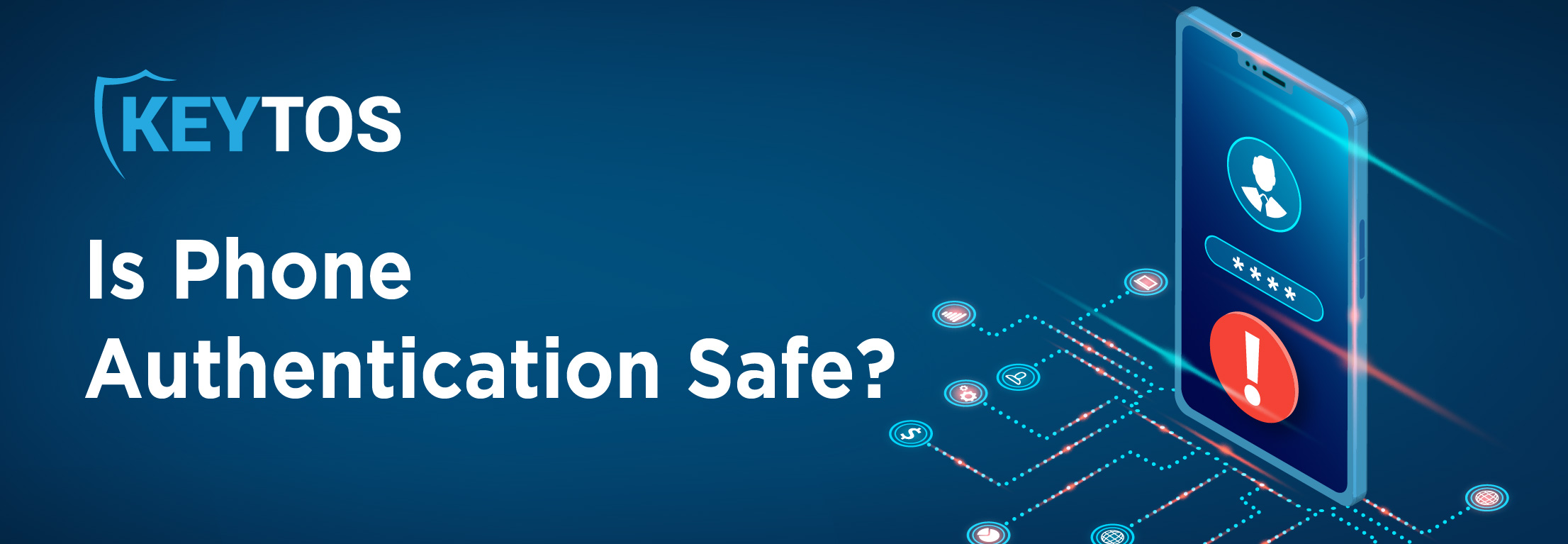
Passwordless Phone Authentication is Not Unphishable
Smartphones have become an integral part of our daily lives – other than my grandma (who still uses a fax machine), who doesn’t own a smartphone nowadays? Unfortunately, with this growing reliance on smartphones comes an important concern to consider: the safety of phone authentication. While phone authentication is widely perceived as a convenient and secure authentication method, phone authentication is not safe. In this blog, we will explore the dangers of relying solely on phone authentication.
Phone Authentication is Not Secure
Let’s explore a real-world example of how phone authentication is phishable. Imagine you’re sitting at your desk when suddenly your phone gets bombarded by push notifications asking things like, “Is this you logging in?” After a few more of these notifications, you get a call from someone claiming to be from your organization’s IT department. They inform you that they’re conducting routine maintenance and testing, and that you should click “Yes” on the most recent notification to resolve the issue. Trusting the caller, you follow the instructions and click “Yes” only to realize later that you’ve fallen prey to a phishing scheme. Scenarios like this are, sadly, not uncommon and highlight the fundamental weakness of phone authentication: it’s susceptible to social engineering tactics.
Why is Phone Authentication Not Secure?
Phone Authentication is Susceptible to Social Engineering
Unlike other authentication methods, phone authentication can be easily compromised through social engineering. Hackers can manipulate users into granting access by posing as trusted entities like an IT helpdesk, as illustrated above.
Phone Authentication is Dependent on User Awareness
The effectiveness of phone authentication heavily relies on users’ awareness and understanding of security threats. Unfortunately, not all users are well-versed in recognizing phishing attempts, highlighting the riskiness of phone authentication.
Phone Authentication Has a Single Point of Failure
Phone authentication puts a whole lot of trust into one device – your smartphone. If your phone is lost, stolen, or compromised, the security of your accounts becomes incredibly vulnerable.
Final Thoughts on Phone Authentication
While phone authentication offers a level of convenience and familiarity, its susceptibility to phishing attacks makes it a less than desirable option for those prioritizing security. It’s vital to be aware of its limitations and to either use more secure forms of authentication or adopt additional security measures to safeguard your users’ digital identities (we recommend using unphishable passwordless authentication methods like FIDO2 or smartcard authentication to bolster your organization’s cybersecurity posture).
Remember, in the realm of cybersecurity, caution and knowledge are your best defenses, so stay alert, stay informed, and stay vigilant!


